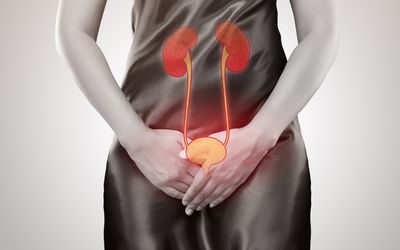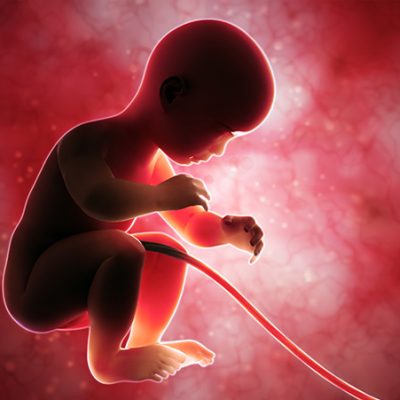
When Mr. Das went to the hospital for his wife’s surgery he proudly flashed his insurance card for availing cashless services. He was under the impression that his financial responsibility will be over only by showing the card. At least that is what was told to him by his agent when he took the cashless mediclaim policy. Most of us do not really pay attention to the fine print of the insurance policy. Most of us come out of the hospital with a mixed feeling… On one hand we feel happy that our near and dear one is safe and in good health but on other hand we are not happy with the administrative experience related to the billing and insurance. If you want to avoid this, you must know how the system works! As a consumer on insurance company it is your right to demand the benefits and services for which you pay the premium.
How does the cashless mediclaim work?
An individual or group of individuals buy mediclaim policy or healthcare insurance from an insurance company. The company enters into a contract with the consumer. The insurance company in turn allocates your policy to a third party administrator (TPA). The TPA in turn have contracts with the hospitals. These network hospitals basically agree to treat the patient of TPA at pre-decided rate. Thus the hospital will be able to claim only that sum of money which is pre agreed with TPA and it has nothing to do with your sum assured.
What should you know about the policy?
The policy specifies certain terms. Almost all insurance companies have a fixed allowable room rent which is proportional to the sum assured. For example, an insurance company may specify that the room rent allowable shall be 1% of the sum assured. Thus, if you have a cover of 500000 (This is called as “sum assured”) then company will only take upon itself the financial liability when you stay in a room that has a rent of Rupees 5000/- or lower. It is important to understand that all other charges such as theatre charges are linked to the basic room tariff. So you must know this aspect of the insurance policy correctly.
How to find out the hospital which will provide cashless mediclaim to you?
The TPA will provide a list of its network hospitals to you. It is expected that TPA should update this list from time to time. You may be able to find the list of network hospitals from the call centre or website of the TPA. You should then choose a hospital based on the vicinity, quality of services, speciality offered and of course the doctors working at the hospital.
What should you do when you go to the hospital?
Hospitals have a dedicated help desk or nominated person for insurance related work. You must carry the valid insurance card, your identity proof, and policy document along with to the hospital. If you are going to use the cashless mediclaim you must inform the hospital before hand.
What does the hospital do?
When the hospital treats a patient it should clearly know about who is going to pay for the services. Individuals pay for themselves. In cashless arrangement, since you are the customer of the TPA, it is the TPA that pays to the hospital for the service provided. The TPA issues “Authorisation letter (AL)” to the hospital indicating that it will take the responsibility to pay the hospital as per terms of contract. Actually getting the AL is the responsibility of the consumer. But hospitals help to initiate the process by sending the requisition for the AL to TPA. As a consumer it is important to be vigilant and be actively involved in procuring the AL.
When can hospital ask you to pay directly?
- When TPA has denied to pay. : In such a case you need to sort it out with your TPA. It is common that health information given by you while taking insurance is found to be in mismatch with the medical information given by the doctor from the hospital. Hence you should disclose the truthful and factual details about your health when you take insurance.
- Co- payment : Some companies have a co-payment system. It means that you have to pay your share and only then the company will pay or undertake to pay.
- Exclusions: It is important to read the small print in the policy document. There are few exclusions in the policy. Your company may have put restrictions that it may not pay for specific treatments or for first few years.Besides that the insurance company or TPA may not pay for few items needed during the treatment. For example, diapers, baby soap , certain antiseptic solutions , disposable towels etc.
It is obvious that the customer has to pay for the expenses incurred directly.
- Additional expenses : The hospital incurs certain expenses such as registration, documentation, postage etc. The TPA does not pay these charges to the hospital and the consumer has to pay directly to the hospital.
What happens when patient is discharged?
Before the discharge the TPA has to give final authorization to the hospital. Only upon receiving the same the hospital discharges the patient. The hospital has to do a lot of paper work before discharge. This may cause delays in discharge process.
Even after the discharge is done, the TPA may raise queries which need to be addressed jointly by the patient and the hospital.
In conclusion, consumer of cashless mediclaim must exercise his/her rights dutifully. Being vigilant and informed is the need of the hour.










